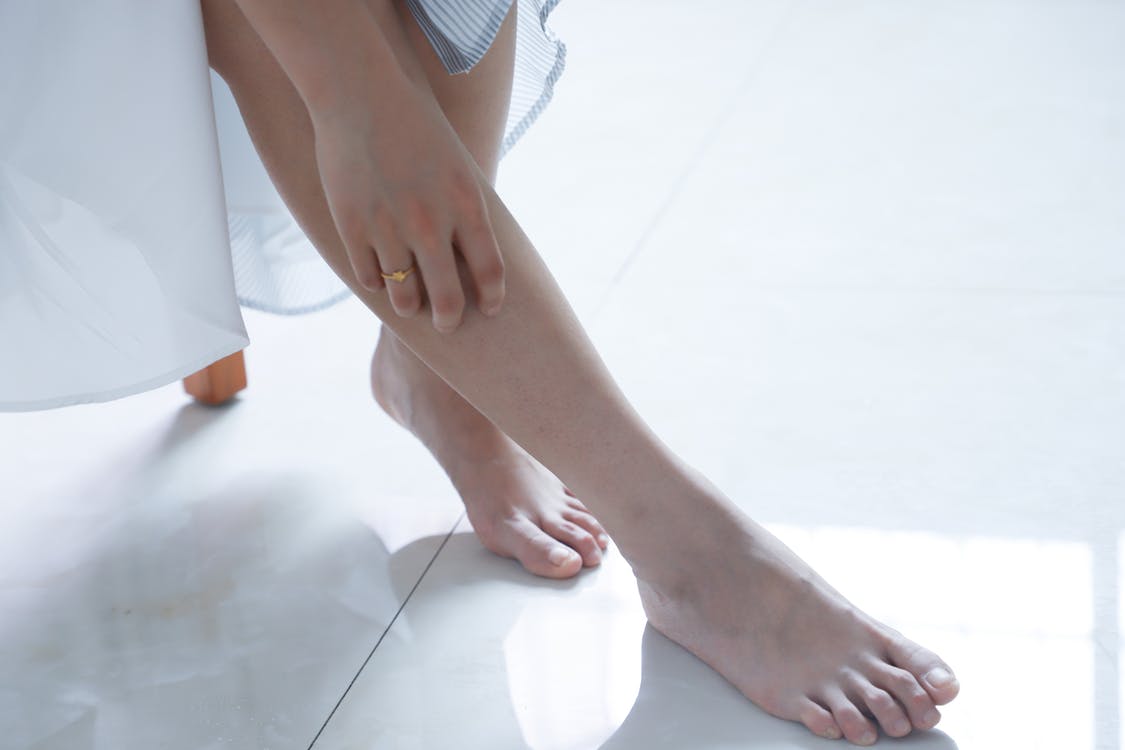
What’s the link between varicose veins and water retention? It depends. These two conditions are often interconnected. Varicose veins can raise your risk for fluid retention, but the pressure caused by fluid retention can also raise your risk of developing varicose veins. While fluid retention may sometimes be seen as an ignorable annoyance, its presence can indicate a larger underlying problem. The vein specialists in Orlando at Central Florida Vein & Vascular Center would like to discuss how these two conditions can be deeply intertwined.
The human body is 70 percent comprised of water, and that balance is maintained by our circulatory systems, lymphatic systems, and kidneys. Our body is generally equipped to handle elevated levels of fluid and naturally corrects any imbalances. However, if something prevents the body’s ability to correct a fluid imbalance, water retention will occur. This is often characterized by swelling in the body, most frequently in the lower legs, ankles, and feet. Swelling that doesn’t go away after a few hours or days may indicate that there is a more serious underlying condition.
Varicose veins are formed when vein valves in your lower leg become weakened or damaged, making it difficult to circulate blood upward against the flow of gravity. Blood pools in the vein instead. This lack of circulation can lead to water retention in the lower leg. If you are already experiencing water retention, then the increased pressure can be what damages those vein valves.
The combination of both varicose veins and water retention can create plenty of discomfort. You could experience swelling in the ankles and feet that grows worse throughout the day. The swelling can cause legs to feel heavy, fatigued, or painful. And if there’s too much pressure in the lower leg, you can be at a higher risk of developing ulcers or skin discoloration.
There are methods that offer symptomatic relief for the day-to-day swelling caused by water retention and varicose veins. Elevating your legs, especially at the end of the day, can reduce pressure by helping blood circulate back up the leg. Compression stockings can also gently guide blood upward through the leg, although we recommend speaking to a specialist before purchasing this legwear to ensure you’re getting the right fit.
While elevation and compression stockings will offer symptomatic relief, they don’t cure the underlying problem. A specialist can assess whether your water retention is due to varicose veins and, if so, create a treatment plan to get your veins back into the best shape possible. This may mean recommending small lifestyle changes or pursuing a minimally invasive treatment like Endovenous Laser Treatment.
Our vein specialists in Orlando at Central Florida Vein & Vascular Center have dedicated themselves to offering the best vein care possible. If you’re currently struggling with varicose veins or water retention, we’d love to see you. You can schedule a consultation with us by calling 407-545-3385 or 352-658-5547.